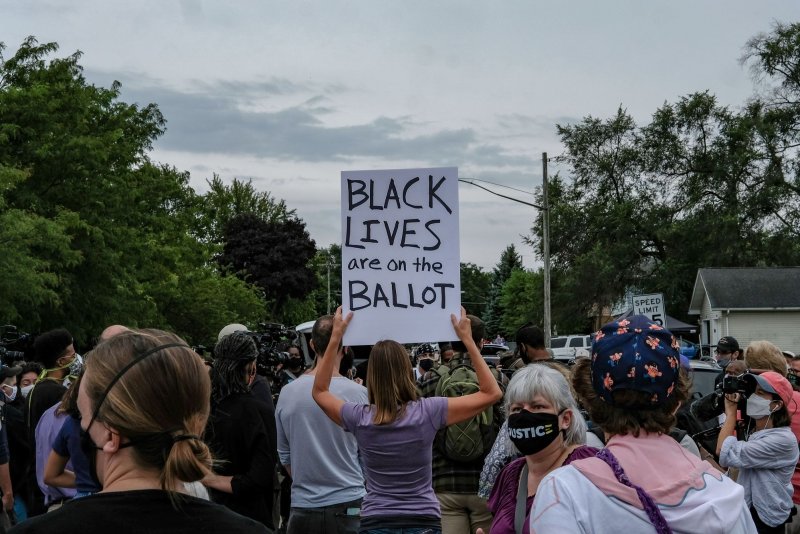Atheists and agnostics are much more likely to sleep like an angel than Catholics and Baptists, a new study finds.
It included more than 1,500 participants in the Baylor University Religion Survey who were asked about their religious affiliation, behaviors and beliefs, as well as their average nightly sleep time and difficulty getting to sleep.
While 73% of atheists and agnostics said they got seven or more hours of nightly sleep, only 63% of Catholics and only 55% of Baptists said they got at least seven hours of sleep a night, preliminary data show.
Seven or more hours of sleep a night is recommended by the American Academy of Sleep Medicine, or AASM, for good health.
RELATED Report: Humanists and non-religious people face discrimination in 8 countries
Catholics and Baptists were also more likely to report having difficulty falling asleep than atheists and agnostics.
Study participants who said they slept seven or more hours per night were much more likely to believe that they would get into heaven, compared to those who got less sleep.
However, beliefs about getting into heaven weren't linked with difficulty falling asleep at night.
RELATED Finding purpose in life can improve health, study says
The researchers said that better sleep results in a more optimistic outlook and that in this study, that manifested as people believing they'd get into heaven.
"Mental health is increasingly discussed in church settings -- as it should be -- but sleep health is not discussed," said study author Kyla Fergason, a student at Baylor University in Waco, Texas.
"Yet we know that sleep loss undercuts many human abilities that are considered to be core values of the church: being a positive member of a social community, expressing love and compassion rather than anger or judgment, and displaying integrity in moral reasoning and behavior," Fergason said in AASM news release.
RELATED More Americans choosing no religion, may lack community connection
"Could getting better sleep help some people grow in their faith or become better Christians? We don't know the answer to that question yet, but we do know that mental, physical and cognitive health are intertwined with sleep health in the general population," she noted.
The findings were recently published in an online supplement of the journal Sleep, and were presented last week at the virtual annual meeting of the Associated Professional Sleep Societies.
More information
RELATED WWII: No atheists in foxholes, or even 50 years later
The National Sleep Foundation has more on sleep.
Copyright 2020 HealthDay. All rights reserved.
upi.com/7035781
The National Sleep Foundation has more on sleep.
Copyright 2020 HealthDay. All rights reserved.

upi.com/7035781









